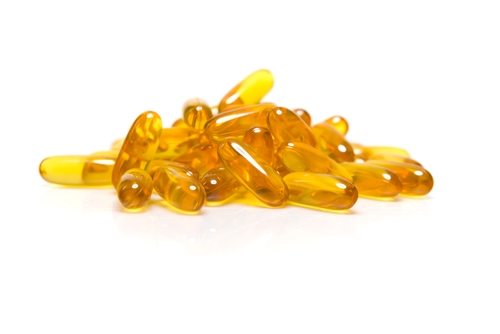Vitamin E and Alzheimer’s Disease: It Helps!

Vitamin E, a long-known protector of memory care, may even provide more health benefits than previously believed. Recent research has shown that increased consumption of vitamin E may reduce the effects of Alzheimer’s disease later in life.
Vitamin E and Alzheimer’s: The Benefits
The study, published in the Journal of the American Medical Association, revealed that a higher dose of vitamin e may help ward off the some of the effects of Alzheimer’s disease. In the study, 613 veterans with Alzheimer’s disease were monitored and received 2,000 units of vitamin E every day, much higher than the recommended daily dose. Most notably, more vitamin E helped patients measured in the study perform daily activities like putting on clothes and feeding themselves. Additionally, those who took higher doses of vitamin E required two fewer hours from caregivers compared to those who were not taking vitamin E.
While the benefits may appear to be minimal, the effects of Alzheimer’s disease can seriously impede on a person’s daily life and functions. It is still not completely understood why vitamin E may be beneficial for fully developed Alzheimer’s, but not earlier stages.
Health benefits of vitamin E
The benefits of the antioxidant properties in vitamin E have been known for many years, but doctors have only been able to guess its ability for restoring memory. In addition to helping with memory care, vitamin E is beneficial for the immune system, skin and eyes. The antioxidants in vitamin E have been known to protect cells from damage. Adults are recommended to get a daily dose of 15 milligrams per day. The upper limit of consumption is closer to 1,000 milligrams for adults or about 1,500 units – well below the amount given in the study.
In the past, higher doses of vitamin E have been associated with a high risk of death. However, in the new study, no safety problem was found. The study does not mean that everyone affected with Alzheimer’s should take a high dose of vitamin E, and doctors believe it will only be beneficial for those with mild to moderate Alzheimer’s.
Sources of vitamin E
There are many ways to get vitamin e into your diet, including food sources and dietary supplements. Nuts, seeds and vegetable oils are all great sources for vitamin E in food. There are also high amounts of vitamin E in leafy greens, vegetable and fortified cereal. For Americans, the largest source of vitamin E usually comes from soybean, canola, corn and vegetable oils.

